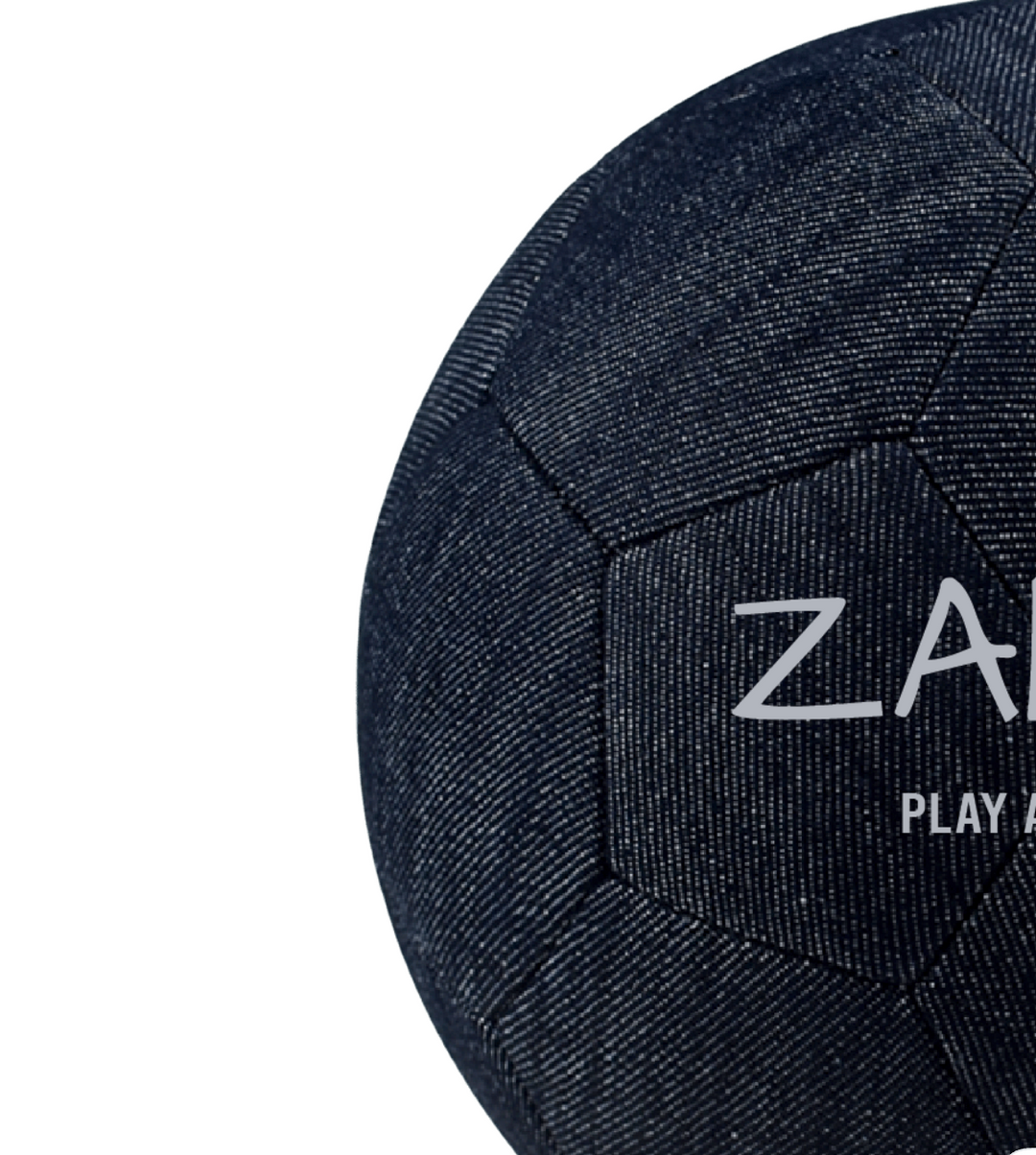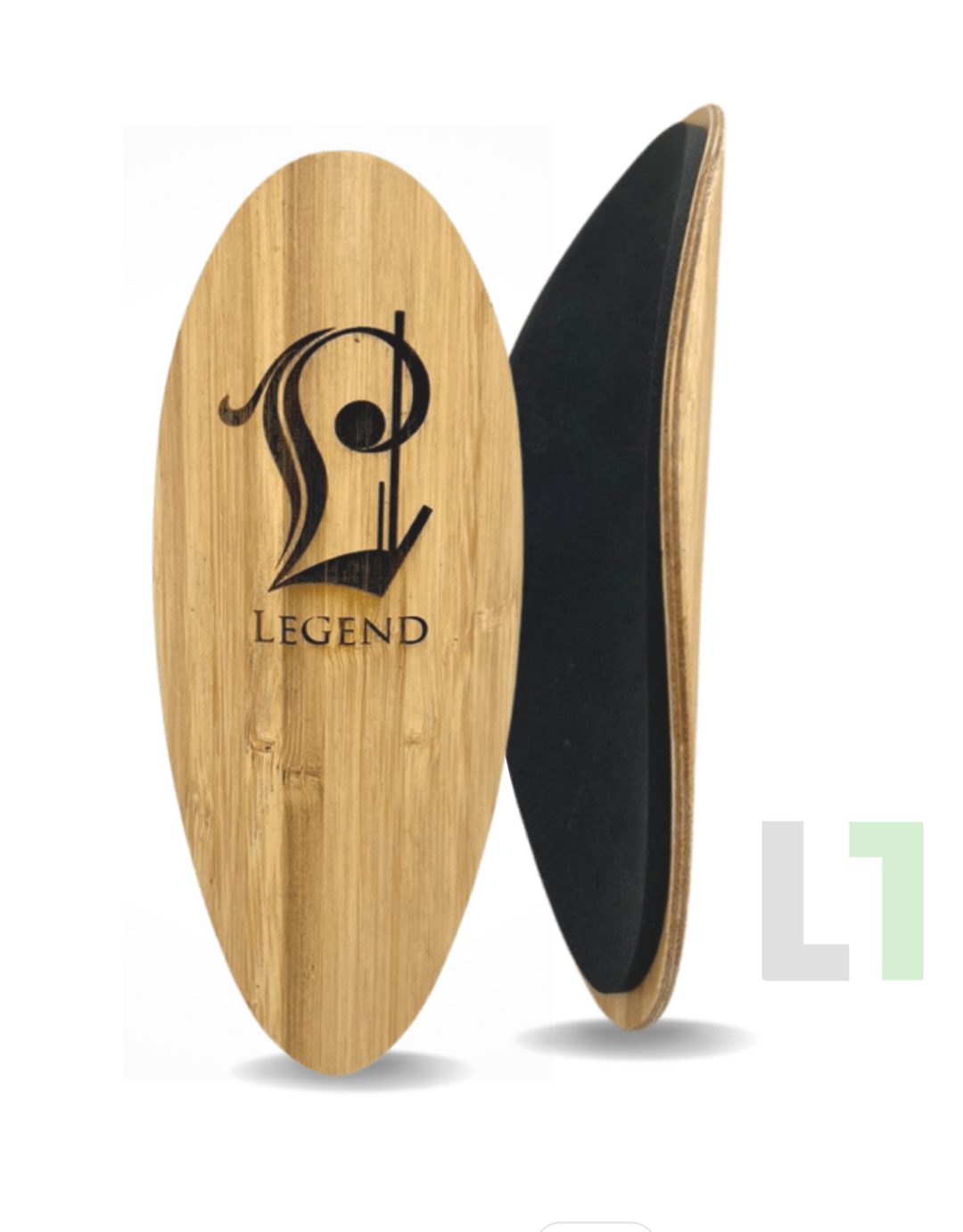The Cure for Shinguard Odor
Have any of you ever taken off a pair of shin guards, and been utterly disturbed by the odor? For moms of young soccer players, coping with athletic odor is a way of life. Cleats, goalkeeper gloves, and shin guards, are three of the most notoriously smelling pieces of equipment in the world of sports. While we can’t help you with the gloves and the cleats (sorry Mom), we do believe we can help solve the stinky shin guard crisis. How? Because ours don’t stink.

Bamboo is Antimicrobial
Bamboo in its very nature is an antimicrobial substance. An antimicrobial is an agent that specifically halts the growth of microorganisms. The use of antimicrobials can be traced back thousands of years, all the way to the earliest Egyptian civilizations. Throughout history, antimicrobials have been used in the medical field to kill infections. Today, antimicrobial products are used in dozens of industries, in large part due to their ability to limit odors.
For any athletes, or parents of athletes, we all understand that sweat is a natural part of the game, and sweat stinks. Yet in all reality, sweat is a virtually odorless substance, to the human nose. So why does it smell so bad? Scientifically speaking sweat smells bad due to the multiplying bacteria (on your skin) that accompanies it. When there is a large enough presence of bacteria, the sweat breaks down into acid, and begins to give off the famously unpleasant odor. Body odors are especially pungent in areas in which sweat can rapidly accumulate, such as armpits and groins. Due to the compression of shin guards, and the heat of your soccer sock, sweat accumulates at an unnatural rate on your shin.

Enter the antimicrobials…
As mentioned above antimicrobials can kill microorganisms, including odor causing bacteria. For us at Legend, we were initially drawn to bamboo due to its sustainable properties, but what sealed the deal, was the fact that bamboo is an antimicrobial. Today, many clothing products have fabrics (such as standard cotton shirts) that actually negatively impact the multiplication of bacteria. It should come as no surprise that dozens of countries around the world are beginning to turn to bamboo as a fabric for clothing, due to its antimicrobial nature. We’ve all experienced the frightening experience of peeling off sweaty shin guards, and having them stink up our entire soccer bag, a bamboo shin guard all but solves the problem.

But What About the Foam?
Still, when we first began designing our prototype shinguards, we recognized that bamboo is a very sturdy product, and that we needed to implement some sort of padding for the shin guard. We immediately began to research what other companies were using for padding in their guards. The vast majority of soccer companies use Ethylene-vinyl acetate (EVA) foam, in order to gain padding for their users. The main problem we found with EVA foam, is that it is virtually non-recyclable. According to GreenMax Recycling, a world renowned recycling company, the only ways to currently process EVA foam, is through crushing it and putting it in a landfill.
Back to the drawing board, we began looking into other foam options, and were incredibly excited to find that antimicrobial foam could work as a shin guard pad. Antimicrobial foam is used in hospitals around the world as a foam dressing, due to the fact that it can limit moisture and bacterial induced odor and infection. Moreover, antimicrobial foam is much more recyclable, than other foams, such as Ethylene-vinyl acetate (EVA).
With that in mind, we were incredibly excited to release our Legend I Shin Guards, as an entirely antimicrobial product. Every day, we receive feedback from athletes and parents, eager to thank us for an odorless shin guard. Needless to say, it doesn’t stink..
Sources
https://www.medicalnewstoday.com/articles/173478.php
http://www.intcorecycling.com/How-to-Recycle-EVA-foam.html




